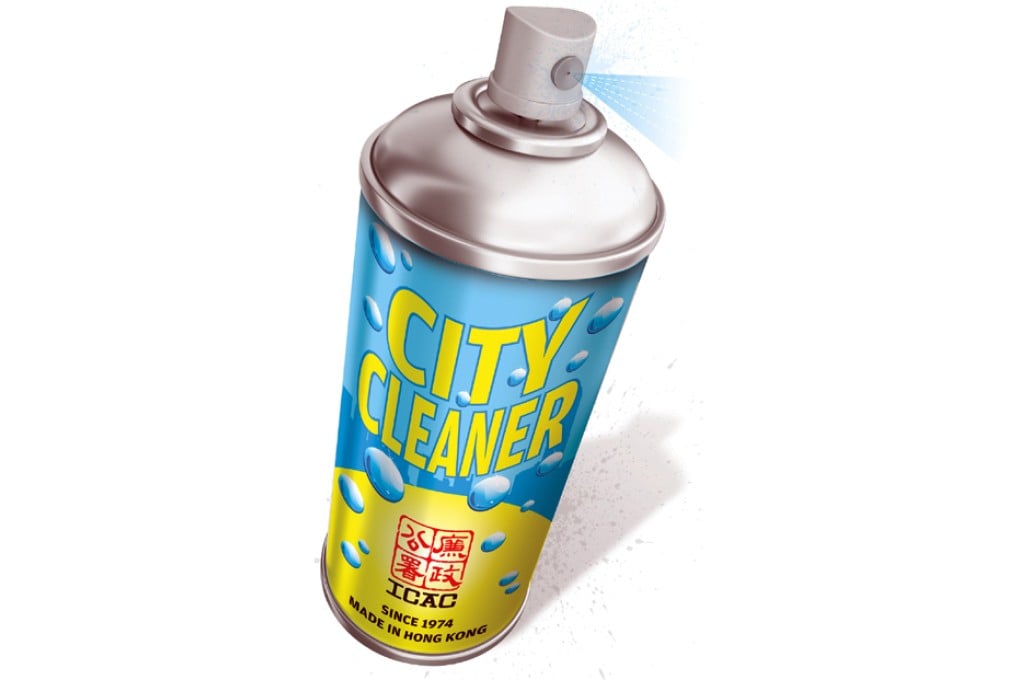Forty years since its creation, how the ICAC cleaned up corruption in Hong Kong
The graft-busting agency, 40 years old today, has helped transform the city beyond all recognition

In the summer of 1973 decorated police chief superintendent Peter Fitzroy Godber could see the writing on the wall.
The London native had spent more than two decades living in Hong Kong, a city where institutionalised corruption penetrated every strata of society.
Bribes known as "tea money" were paid for basic services, from getting a home phone installed to making sure firefighters showed up when there was a blaze.
Police officers of all ranks had accepted payoffs for decades. In 1971, an internal police unit discovered an unusual remittance from Hong Kong to Canada; C$12,000 had been transferred to a Canadian bank account under the name "P. F. Gedber".
Police launched an internal investigation, codenamed "Havana". But with limited powers, the anti-corruption unit made little progress. Godber applied for early retirement, asking to quit his post in July, 1973.
But three months shy of his departure, the police commissioner received a tip. Police contacted 480 banks and found millions of dollars in overseas and local bank accounts - all controlled by Godber.
Once hailed a hero during the 1967 riots for confronting violent protestors, Godber panicked. He asked that his retirement start in June. The prospect that he might flee sparked the creation of one of the world's most powerful anti-graft organisations : the Independent Commission Against Corruption.